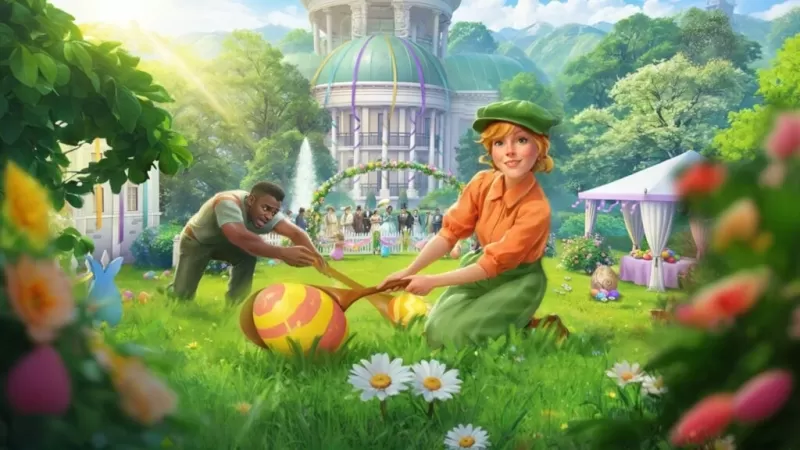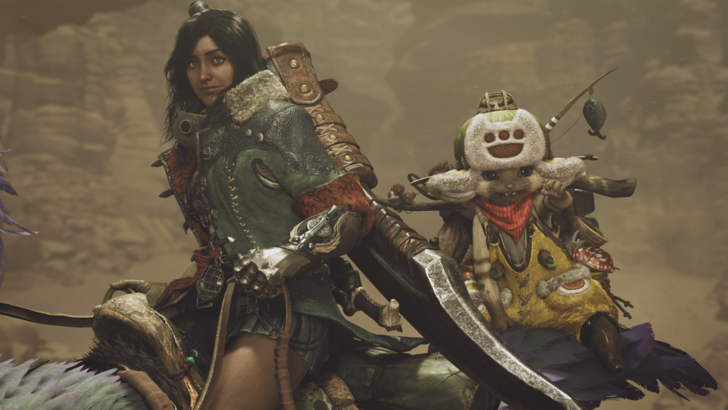 Building on the monumental success of Monster Hunter World, Capcom is revolutionizing the series with Monster Hunter Wilds.
Building on the monumental success of Monster Hunter World, Capcom is revolutionizing the series with Monster Hunter Wilds.
Related Video
Monster Hunter World's Legacy: The Foundation for Wilds
Capcom Aims for Global Domination with Monster Hunter Wilds
Reimagining the Hunt: A Seamless Open World
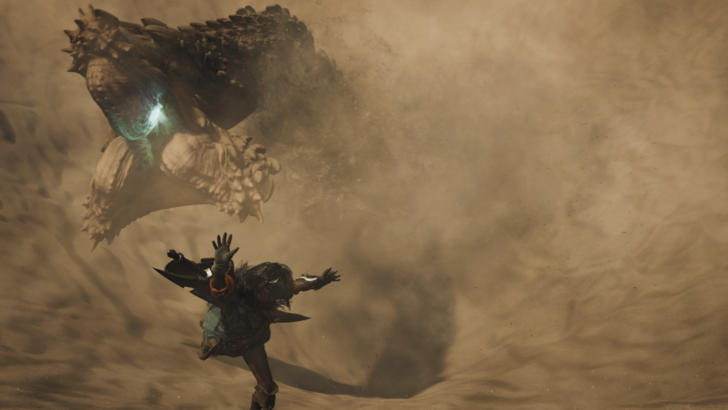 Capcom's ambitious Monster Hunter Wilds reimagines the franchise, immersing players in a vibrant, interconnected world with a dynamic, real-time ecosystem.
Capcom's ambitious Monster Hunter Wilds reimagines the franchise, immersing players in a vibrant, interconnected world with a dynamic, real-time ecosystem.
In a Summer Game Fest interview, producer Ryozo Tsujimoto, executive director Kaname Fujioka, and director Yuya Tokuda detailed Wilds' transformative approach. They highlighted seamless gameplay and an immersive environment directly responsive to player actions.
Like its predecessors, Wilds casts players as hunters in an uncharted territory brimming with new creatures and resources. However, the Summer Game Fest demo showcased a significant departure from the series' traditional mission structure. Instead of segmented areas, Wilds presents a boundless open world for exploration, hunting, and environmental interaction.
"Seamlessness is central to Monster Hunter Wilds," Fujioka explained. "We aimed to craft detailed, immersive ecosystems demanding a seamless world filled with freely huntable monsters."
A Dynamic World, Constantly Evolving
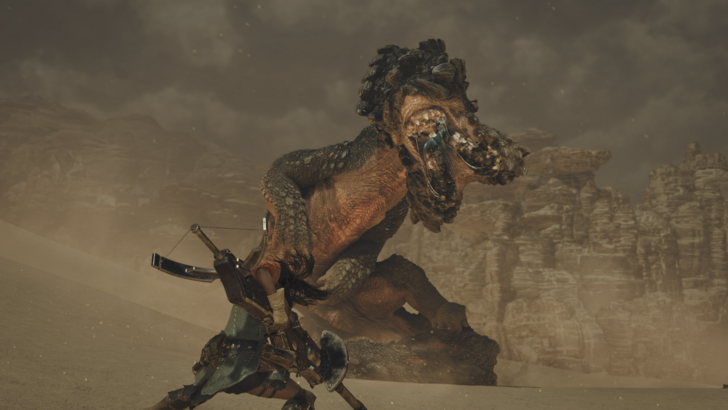 The demo featured desert settlements, expansive biomes, diverse monsters, and NPC hunters. This new approach grants players unprecedented freedom, eliminating time constraints and fostering a more improvisational hunting experience. Fujioka emphasized the importance of world interaction: "We focused on interactions like monster packs pursuing prey and their conflicts with human hunters. These characters exhibit 24-hour behavioral patterns, creating a more dynamic and realistic world."
The demo featured desert settlements, expansive biomes, diverse monsters, and NPC hunters. This new approach grants players unprecedented freedom, eliminating time constraints and fostering a more improvisational hunting experience. Fujioka emphasized the importance of world interaction: "We focused on interactions like monster packs pursuing prey and their conflicts with human hunters. These characters exhibit 24-hour behavioral patterns, creating a more dynamic and realistic world."
Monster Hunter Wilds also incorporates real-time weather changes and fluctuating monster populations. Director Yuya Tokuda attributed this dynamic world to advancements in technology: "Creating a massive, evolving ecosystem with more monsters and interactive characters was a major challenge. Environmental changes occur concurrently—something previously unattainable."
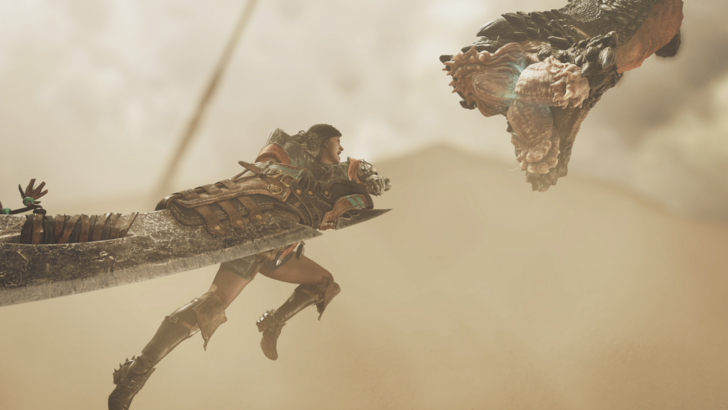 The success of Monster Hunter World provided invaluable lessons shaping Wilds' development. Producer Ryozo Tsujimoto highlighted the importance of their expanded global strategy: "We approached Monster Hunter World with a global perspective, prioritizing simultaneous worldwide release and extensive localization. This global focus helped us cater to players unfamiliar with the series and entice their return."
The success of Monster Hunter World provided invaluable lessons shaping Wilds' development. Producer Ryozo Tsujimoto highlighted the importance of their expanded global strategy: "We approached Monster Hunter World with a global perspective, prioritizing simultaneous worldwide release and extensive localization. This global focus helped us cater to players unfamiliar with the series and entice their return."

